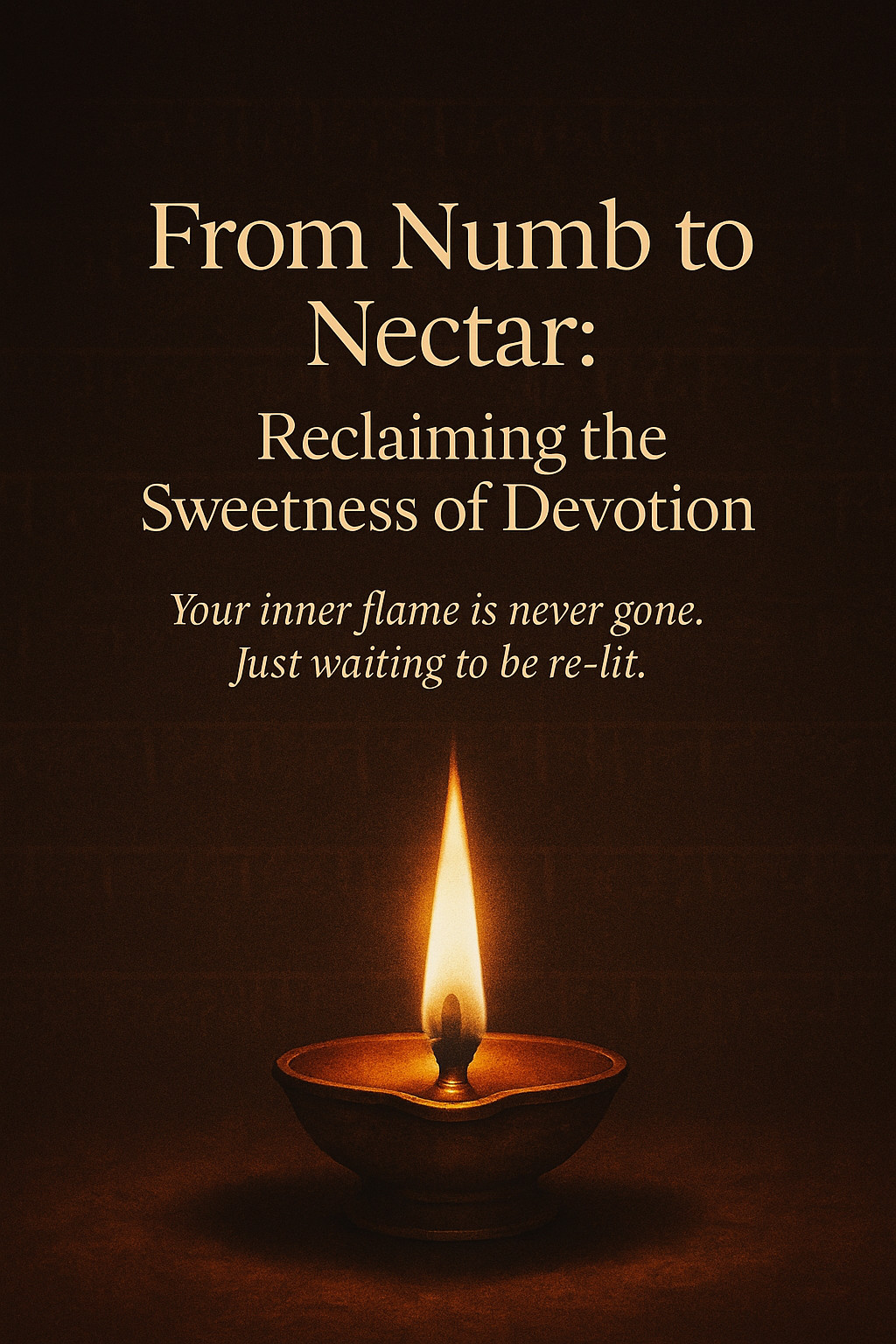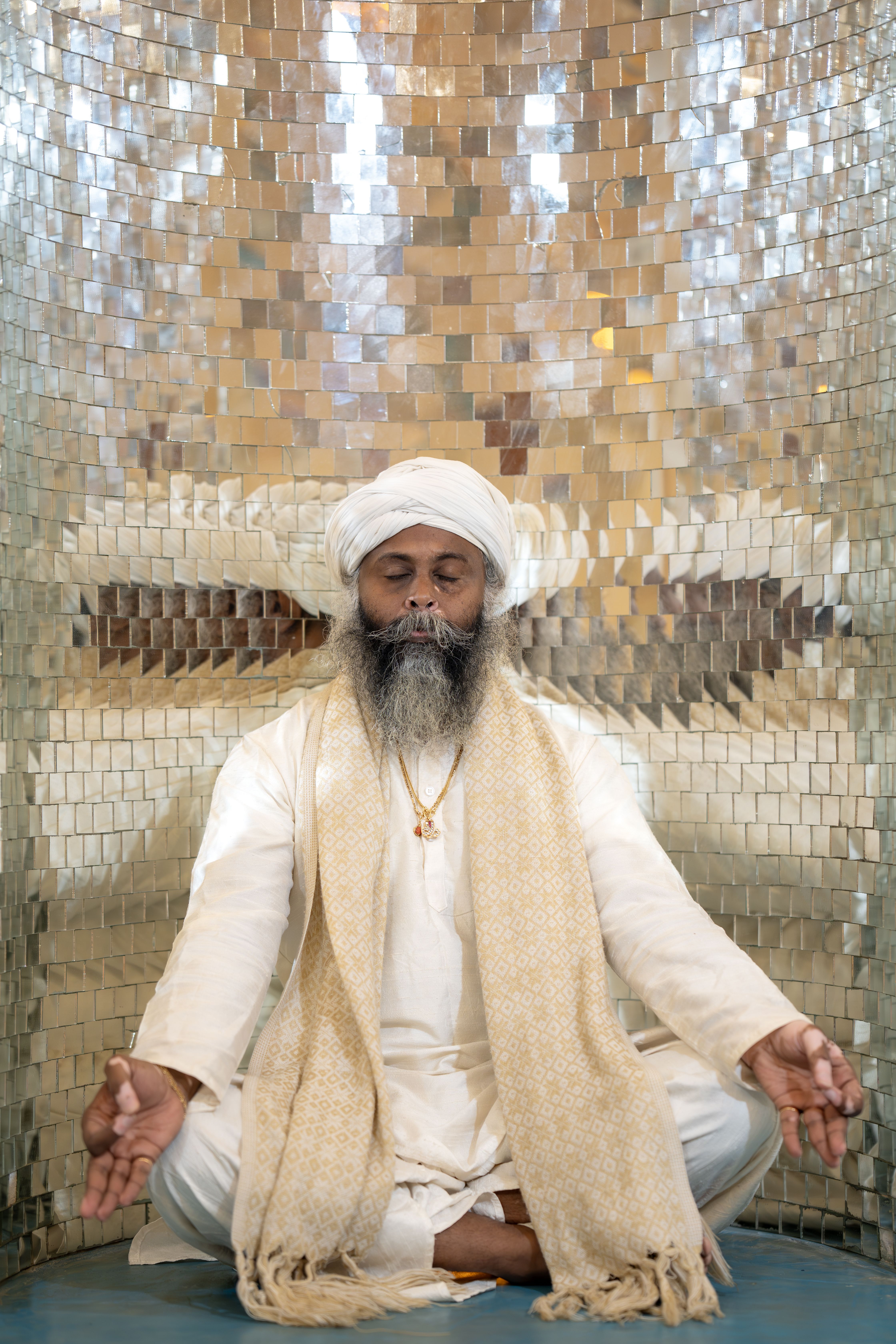In a world where relationships often leave us feeling isolated or unfulfilled, it’s no surprise that so many people turn to spirituality. At the heart of this search is a deep desire for connection—something they haven’t been able to fully experience in their interactions with others. We are social beings, wired to connect. When we feel a disconnect in our personal relationships, we seek that bond elsewhere, often in spiritual practices or teachings.
But here’s where things get tricky.
#### The Search for Connection in Spirituality
Many spiritual teachings, particularly those that emphasize the idea that "everything is within you," encourage detachment from the external world. While self-reflection and inner work are essential aspects of spiritual growth, there's a growing problem with some of these teachings: they can encourage disconnection from others, as well as from our own pain and challenges.
The message to “detach” can lead people to avoid confronting their deepest emotions, past traumas, or uncomfortable truths. By focusing solely on internal work and personal enlightenment, the connection that we all crave—both with ourselves and others—gets pushed aside.
#### The Illusion of Detachment
Some spiritual gurus preach detachment as a way to find peace. However, in many cases, this is a form of avoidance. People who claim detachment as a form of spiritual superiority often haven’t dealt with their own pain. They may avoid addressing their traumas by using “positive thinking” as a protective shield. And worse, they encourage others to do the same—to disconnect from pain rather than confront and heal it.
The truth is, real healing doesn’t happen through avoidance. Healing happens when we allow ourselves to be vulnerable, to face our deepest fears and wounds, and to find connection through shared struggles.
#### Spirituality as Connection, Not Escape
True spirituality should not be about escaping reality or pretending that everything is always okay. Instead, it should be about fostering deeper connections—connections to ourselves, to others, and to the universe at large.
We are part of a deeply interconnected universe. Everything, from the cells in our bodies to the stars in the sky, is woven together in a web of relationships. Ignoring this interconnectedness only serves to deepen our sense of isolation. The ultimate purpose of spiritual practice should be to enhance our capacity to relate to one another in a meaningful way, to heal our wounds through compassion, and to understand that our pain is not something to run away from but something to embrace.
#### Healing Through Connection
When we stop using detachment as a shield, we open ourselves up to the power of true connection. This means accepting that we are human—imperfect, vulnerable, and in need of others. It also means accepting that pain is part of the human experience. Healing, whether emotional or spiritual, comes through our willingness to connect with our pain and to connect with others who may be experiencing their own struggles.
We don’t heal in isolation. We heal in community, through relationships, and by allowing ourselves to be seen—flaws and all. True spiritual growth comes from being fully present with our pain, acknowledging it, and using it as a bridge to greater empathy and connection.
#### Conclusion
So, while it’s tempting to seek refuge in spiritual teachings that promise detachment from pain or problems, this is not the path to true healing. Real spirituality is about connecting deeply—with ourselves, with others, and with the universe. It’s through this connection, not avoidance, that we find the peace and wholeness we’ve been seeking all along.
Instead of chasing gurus who tell you everything is within, remember: it’s okay to need connection. It’s okay to be vulnerable. It’s okay to heal through relationships, not in isolation. After all, we are all part of the same interconnected universe.


0 Comments